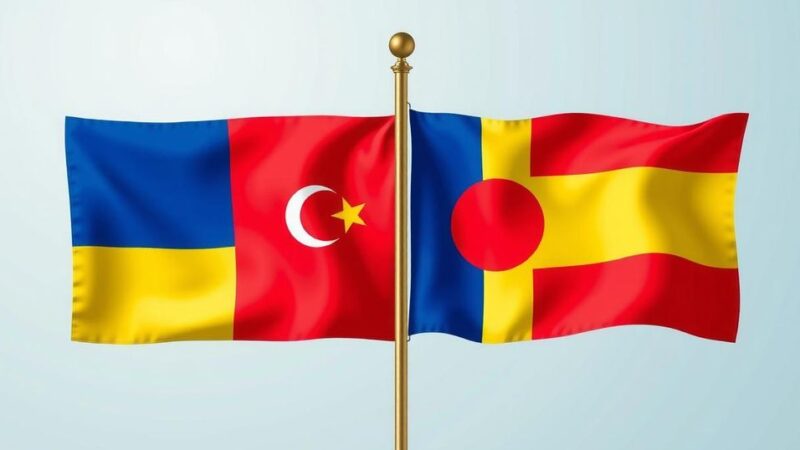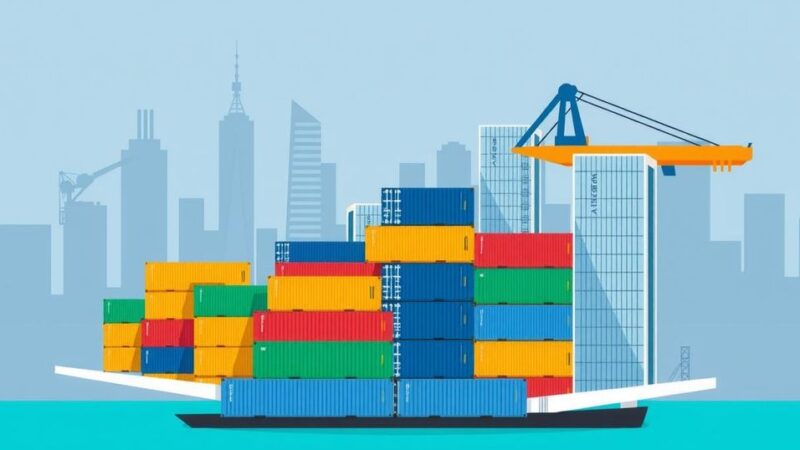The European Union is hosting a donor conference in Brussels to secure funding for post-Assad Syria, with the Syrian interim foreign minister participating for the first time. The conference aims to respond to Syria’s immense humanitarian needs while navigating recent violence and changes in U.S. foreign aid policies. EU officials express hope that Arab countries will help offset potential funding gaps.
The European Union is convening an international donor conference in Brussels to secure financial support for Syria’s recovery following the ousting of Bashar al-Assad. Notably, Syria’s interim foreign minister, Assaad al-Shibani, will attend the gathering, marking the first time Syrian authorities are represented. After 14 years of civil war, the EU and other regional powers are striving to establish stability in a nation still grappling with lasting humanitarian crises.
The EU’s annual donor drive has traditionally emphasized support for Syrian refugees in neighboring countries while avoiding engagement with the Assad regime. This year’s event signifies a shift, as EU officials recognize it as a critical opportunity to assist Syria during a fragile transitional phase. They assert that immediate assistance is vital given the scale of the nation’s devastation, with 16.7 million people requiring urgent help.
Syria’s new leadership, including former Islamist rebel commander Ahmed al-Sharaa, is appealing for international support for recovery efforts. While the EU has relaxed sanctions on certain economic sectors, it maintains that the Syrian authorities must fulfill commitments regarding an inclusive transition. Recent violent incidents have destabilized hopes, with a significant civilian death toll reported.
Last year’s donor conference garnered €7.5 billion ($8.2 billion) in grants to aid Syrian citizens; however, upcoming funding efforts may face challenges due to potential reductions in U.S. foreign aid under President Trump’s administration. The U.S. has historically been a major contributor to humanitarian efforts in Syria, and a representative will attend the Brussels event. The EU is optimistic about increased support from Arab nations to compensate for any funding shortfalls anticipated due to the U.S. withdrawal.
In conclusion, the EU’s donor conference represents a pivotal moment for Syria’s post-Assad recovery. With the attendance of Syrian authorities, there is an opportunity for renewed engagement and support. Nonetheless, significant challenges remain, particularly concerning funding and recent violence, which cast a shadow over the prospects for stability and rebuilding in Syria.
Original Source: www.france24.com






